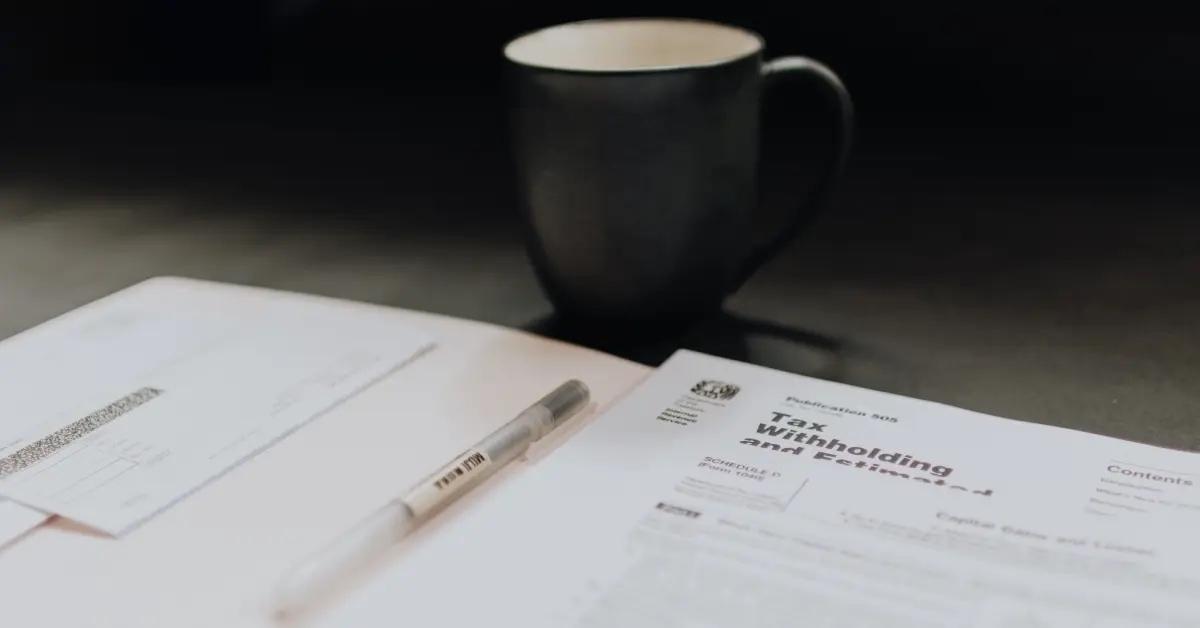Surprised by Your Tax Bill? Why You're Paying More Taxes This Year
You may owe taxes this year because you received unemployment benefits, a bonus, or you no longer qualify for certain tax credits and deductions.
April 27 2023, Updated 3:41 p.m. ET

As complex as the tax filing process may be, what's clear are the two numbers you are left with once all your information is inputted. The two numbers are the total amount you’ll receive as a tax refund and the amount you owe in taxes for the year. But why would you owe taxes, especially if nothing has changed?
As alarming as it may be to see that you’ll have to pay Uncle Sam this year, it's good to understand why so that you can make adjustments in the future that may help you avoid owing taxes later on. Below we’ll divulge the top reasons why people are faced with a tax bill when they file their taxes.
Why do most people owe taxes?

If your tax preparer or tax preparation company informed you that you owe taxes this year, there are a number of reasons why. Below you’ll find some of the more common reasons.
1. Your tax filing status changed.
If your tax filing status changed this year, you may have lost out on certain deductions. For example, if you went from filing “married filing jointly” to “married filing separately” and earned less than $59,187, there’s a good chance the EITC (Earned Income Tax Credit) was scrapped from your list of tax credits.
The only way a person who files “married filing separately” can claim the EITC is if they meet all the eligibility criteria and are either legally separated or lived apart from their spouse during the last six months of the tax filing year. So, without this credit to help offset your tax liabilities, you may now owe taxes this year.
2. You moved to a new state.
If you relocated to a new state, you may now owe state individual income tax. For example, if you moved from Florida to Georgia, you will be subjected to state income tax as Georgia imposes it but Florida doesn't.
3. Your children can no longer be claimed as dependents.

If your children are no longer under the age of 18, you can't claim the CTC (Child Tax Credit). If in the past, this credit helped lower your tax bill, it may now result in you owing taxes.
4. You are no longer eligible for certain credits and deductions.
Credit and deductions can lower your tax liability and even result in you receiving a refund. But if you no longer qualify to claim the credits or deductions you did in the past, it may result in you owing taxes.
5. You started a side hustle.
If you collected income from a side hustle, this will increase your taxable income and potentially cause you to pay in rather than receive a tax refund.
6. You are now self-employed.
Those who receive a 1099-NEC are considered self-employed. This means the person paying you won’t be deducting taxes from your paycheck. Instead, you’ll need to either pay your taxes quarterly or during the tax filing season. If you don’t set money aside each month to cover your tax liabilities, you’ll be left with a large bill when you file your return.
7. You experienced a major life change.
Whether you got divorced, married, or filed for bankruptcy, these factors alone can impact your taxes and sometimes result in you having to pay in.
8. You modified your W-4.

If you modified your W-4 form so that less tax would be withheld during the tax filing year you’re submitting, you may have received more money than you were entitled to. So, although your paychecks were higher, you weren’t paying the full amount of tax you were required to.
Why do I owe taxes this year if I claim “0”?
If you claim “0” on your W-4, which means you want the most tax withheld from each paycheck, you may still owe taxes if you earned additional income from other sources. Because a W-4 is only an estimate of how much tax should be taken out of your paychecks, you could owe taxes instead of collecting a refund.
Why would I owe taxes when nothing has changed?
If you didn’t change your filing status or move to a new state, you could still owe taxes if certain tax credits were phased out. Unlike in 2021 when families received a Child Tax Credit (CTC) of $3,600 for children under five and $3,000 for those between the ages of six and 17, the CTC dropped back down to $2,000 for 2022.
Without this credit or the others you were accustomed to receiving, you may not get the tax break you were hoping for.
